Government Initiatives and Funding
Government initiatives aimed at enhancing healthcare accessibility are playing a crucial role in the remote patient-monitoring market. The UK government has introduced various funding schemes to support the integration of digital health solutions within the NHS. For instance, the NHS Long Term Plan emphasizes the importance of remote monitoring in improving patient care and reducing costs. With an estimated £4.5 billion allocated for digital transformation in healthcare, these initiatives are likely to foster innovation and adoption of remote monitoring technologies. Consequently, this supportive regulatory environment is expected to stimulate growth in the remote patient-monitoring market.
Increased Focus on Preventive Healthcare
Preventive healthcare is emerging as a key driver in the remote patient-monitoring market. As healthcare systems in the UK increasingly prioritize prevention over treatment, remote monitoring solutions are becoming essential tools for early detection and management of health issues. By enabling continuous health tracking, these technologies can identify potential problems before they escalate, thus reducing the burden on healthcare facilities. This proactive approach aligns with the NHS's goals of improving population health and reducing healthcare costs, suggesting a promising future for the remote patient-monitoring market.
Growing Awareness of Health Data Utilization
There is a growing awareness regarding the utilization of health data in the remote patient-monitoring market. Patients and healthcare providers are increasingly recognizing the value of data analytics in enhancing patient care. The ability to analyze health data collected through remote monitoring devices can lead to more personalized treatment plans and improved health outcomes. In the UK, initiatives promoting data-driven healthcare are gaining traction, with an emphasis on harnessing data to inform clinical decisions. This trend indicates a potential for growth in the remote patient-monitoring market as stakeholders seek to leverage data for better health management.
Rising Demand for Chronic Disease Management
The remote patient-monitoring market is experiencing a notable surge in demand driven by the increasing prevalence of chronic diseases in the UK. Conditions such as diabetes, hypertension, and heart disease require continuous monitoring to manage effectively. The NHS has reported that approximately 15 million people in the UK are living with chronic conditions, which necessitates innovative solutions for patient management. Remote monitoring technologies enable healthcare providers to track patients' health metrics in real-time, facilitating timely interventions. This trend is likely to enhance patient outcomes and reduce hospital admissions, thereby driving growth in the remote patient-monitoring market.
Technological Advancements in Monitoring Devices
Technological innovations are significantly influencing the remote patient-monitoring market. The development of advanced monitoring devices, such as smart wearables and mobile health applications, has made it easier for patients to engage in self-monitoring. These devices can track vital signs, activity levels, and medication adherence, providing valuable data to healthcare professionals. The UK market has seen a rise in the adoption of these technologies, with a projected growth rate of 25% over the next five years. This technological evolution not only empowers patients but also enhances the efficiency of healthcare delivery, thereby propelling the remote patient-monitoring market.


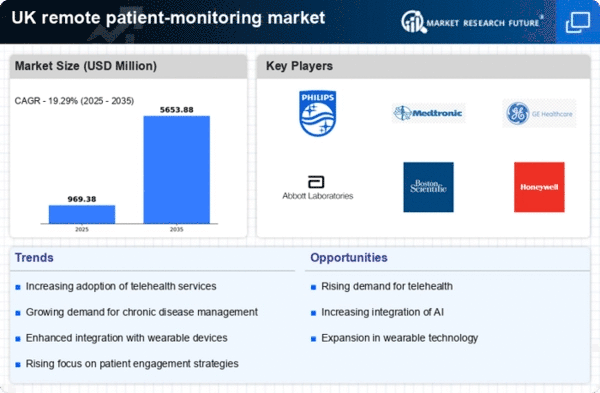
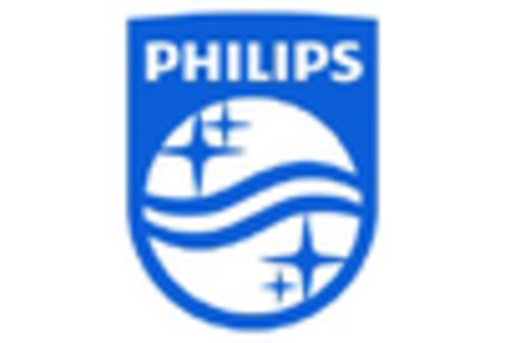

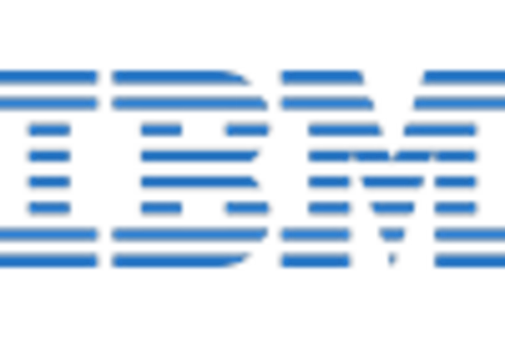

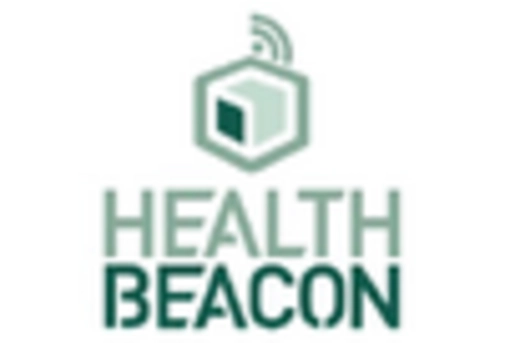
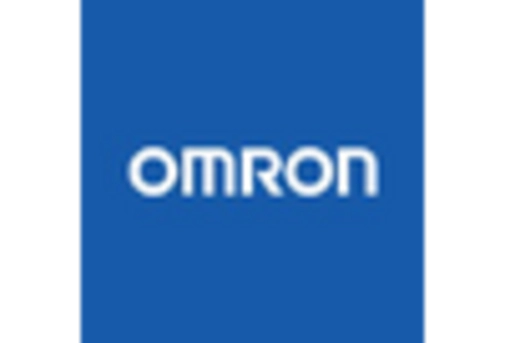
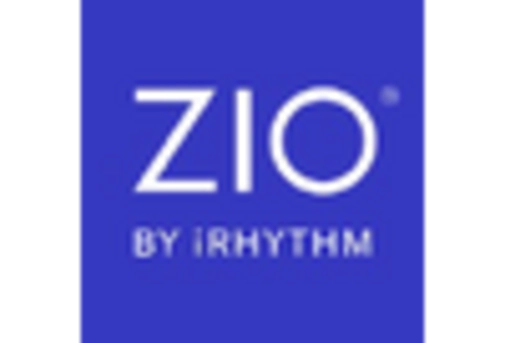
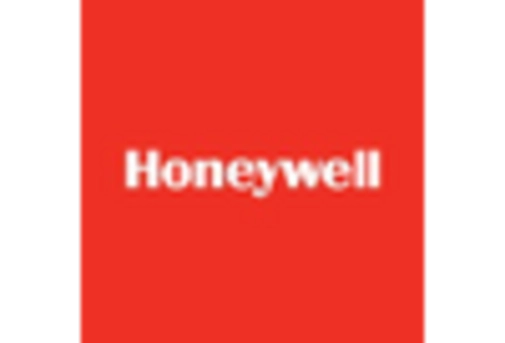
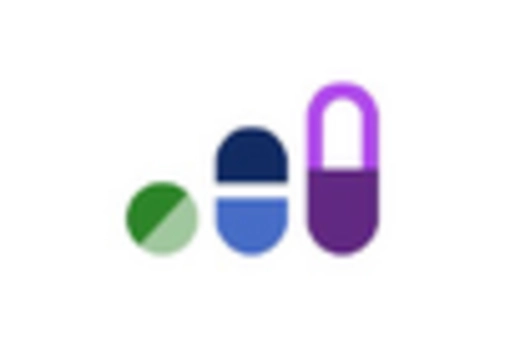
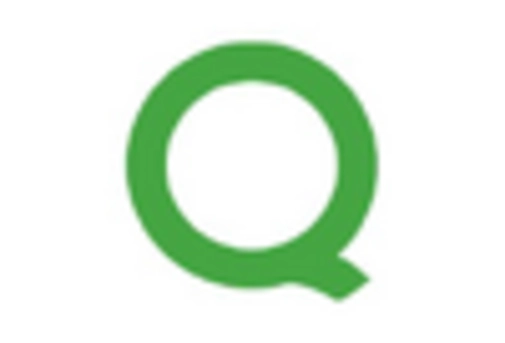
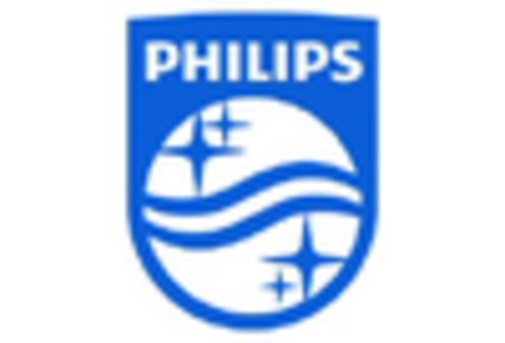








Leave a Comment